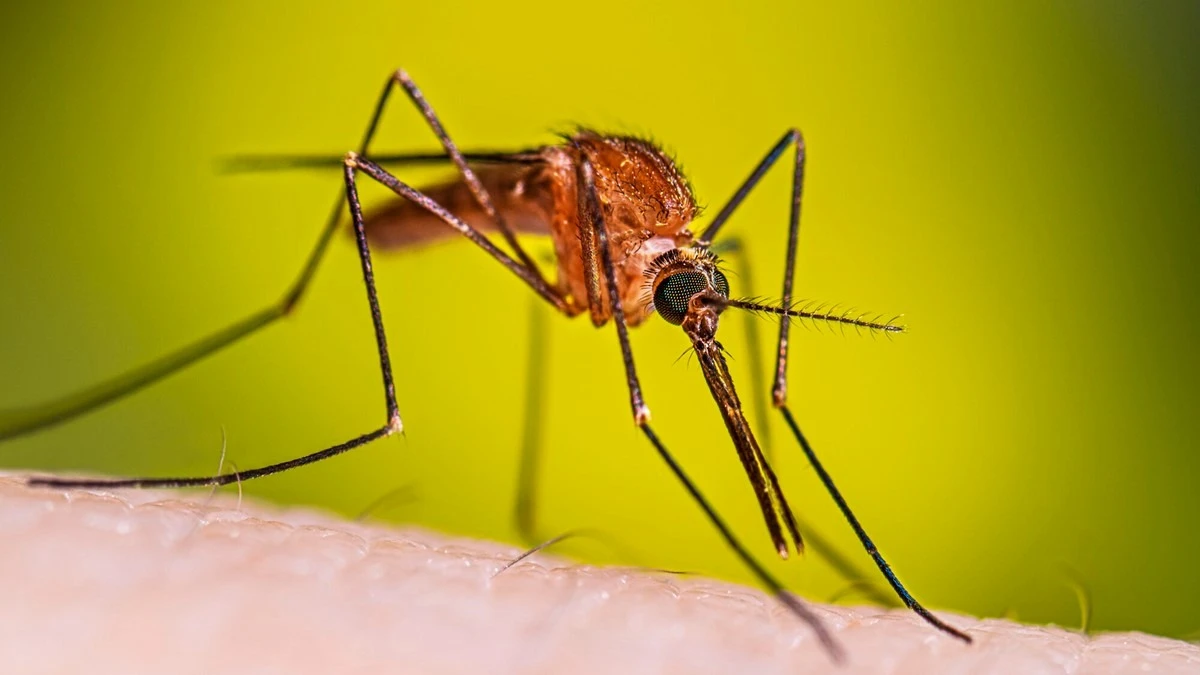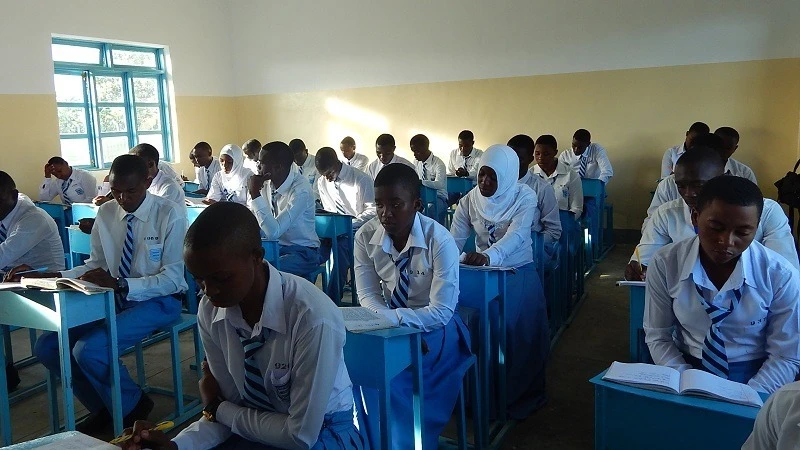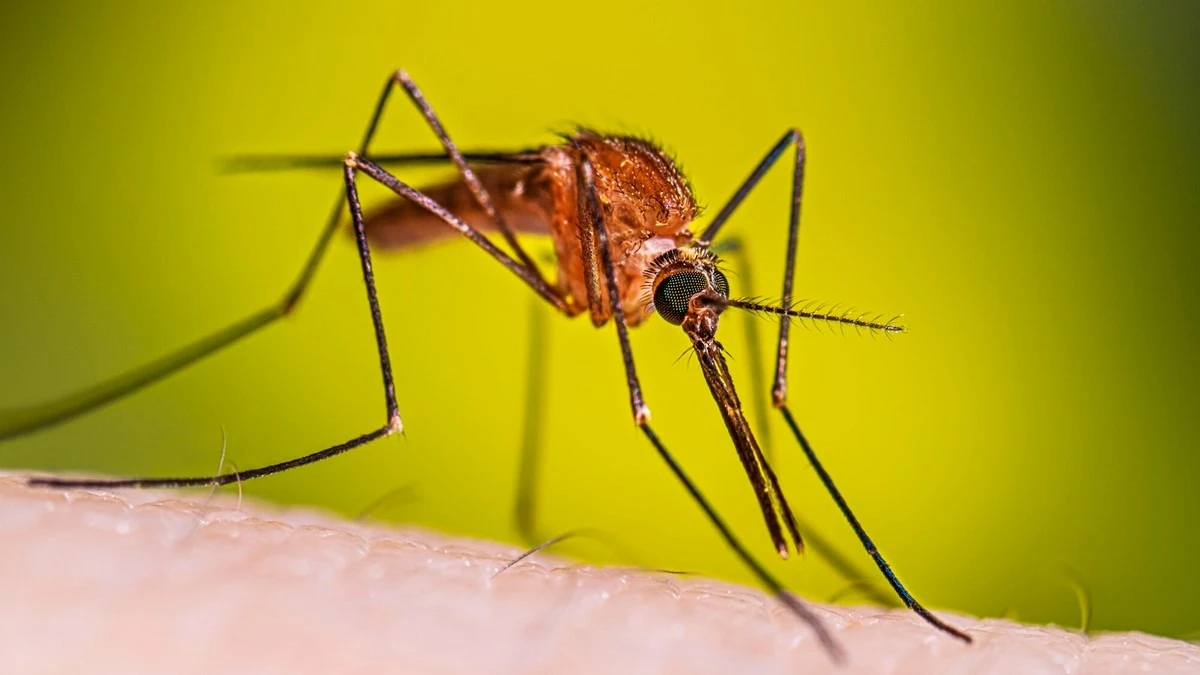Malaria: IHI, London scientists targeting crucial parasite protein

BLOCKING malaria transmission by targeting the malaria parasite inside mosquitoes so that it is no longer transmitted by the mosquito parasites before it can infect humans
A recent online update says that Ifakara Health Institute (IHI) is working with the University of Oxford on multiple malaria research projects, including vaccine development and mosquito control strategies. “Specifically, IHI is involved in evaluating the R21/Matrix-M malaria vaccine, which has been recommended by the World Health Organization (WHO), and in developing transmission-blocking vaccines,” it says.
IHI scientists and those from Imperial College London are focused on a new method to block malaria transmission by disabling the key genetic trait in the malaria conveyance parasite, it says, The local scientists say that current study results published this week in Communications Biology promise a major advance in the global fight against malaria, which still infects more than 250m people and claims over 600,000 lives annually, most of them in sub-Saharan Africa.
The research centers on a protein called PfPIMMS43, which enables the Plasmodium falciparum parasite—the deadliest strain of malaria—to evade the mosquito’s immune system and complete its life cycle.
While earlier research had identified the protein’s role, this new study goes further by using nanobodies—tiny antibody fragments derived from llamas—to block the protein and stop the parasite’s development.
“When we target PfPIMMS43, we effectively shut down the parasite’s development inside the mosquito,” said lead author Dr Chiamaka Valerie Ukegbu of Imperial College London. “This halts the cycle of transmission before the parasite becomes infectious to humans.”
The nanobodies disrupt a crucial stage in the parasite’s development—the transition from ookinete to oocyst—rendering it incapable of infecting people.The technique was tested on two major malaria-carrying mosquito species in Africa: Anopheles gambiae and Anopheles coluzzi. Results from both laboratory and field-derived strains showed a substantial reduction in both infection rates and parasite load.
Notably, the specific region of the PfPIMMS43 protein targeted by the nanobodies appears to remain stable across different parasite strains—raising hopes that the strategy could be widely effective across diverse malaria-endemic regions.
The research team is also exploring a bold, long-term solution: using gene drive technology to genetically modify mosquitoes so they produce the PfPIMMS43-targeting nanobodies themselves.This would allow the trait to be passed down through mosquito generations, potentially spreading the malaria-blocking effect throughout wild populations.
“These findings establish PfPIMMS43 as a promising transmission-blocking target,” the researchers wrote. “We propose an innovative strategy where genetically modified mosquitoes express these nanobodies in their midguts and spread the trait via gene drive.”
If successful, this approach could offer a self-sustaining method to control malaria in high-risk areas.Tanzanian researchers played a vital role in the discovery. Contributors from the Ifakara Health Institute include Dr Mgeni Mohamed, Prisca Kweyamba, Dr Dickson Lwetoijera, and Dr Sarah Moore, all of whom were deeply involved in experimental work and field studies.
They were joined by co-authors from Imperial College London, including Astrid Hoermann, Yuyan Qin, Nikolai Windbichler, George Christophides, and Ina Vlachou along with Dr Ukegbu.This discovery comes at a critical juncture. After notable progress in malaria control during the early 2000s, momentum has slowed since 2014.
The COVID-19 pandemic further disrupted efforts, contributing to a resurgence in cases. Challenges such as climate change, insecticide resistance, and dwindling funding have only heightened the urgency for innovative solutions.
With the global goal of eliminating malaria by 2030—known as “Zero by 30”—looming, experts say new, sustainable technologies are essential.“This research offers not just hope, but a practical path forward,” said Dr. Sarah Moore. “It’s an exciting step toward long-term, community-level protection from one of the world’s deadliest diseases.”
Top Headlines
© 2025 IPPMEDIA.COM. ALL RIGHTS RESERVED






















